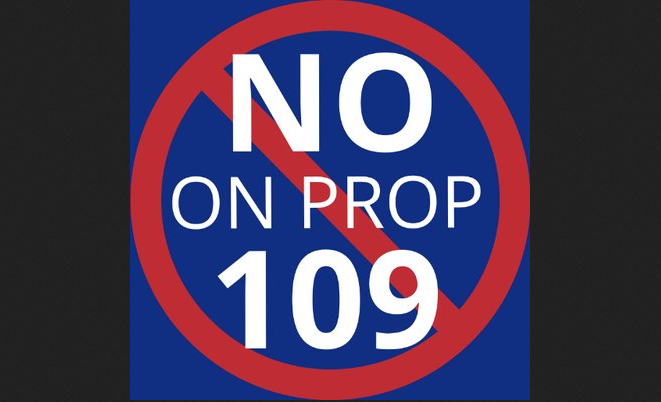Pro-life leaders across the political spectrum are warning that Arizona’s Prop 139 would allow abortionists to kill the unborn at any stage of pregnancy, enshrining abortion in the state constitution and upending Arizona’s current 15-week pro-life law.
At a press conference in Phoenix on October 4, the No On Prop 139 campaign, together with Moms for America, Arizona Right to Life, Progressive Anti-Abortion Uprising (PAAU), and Secular Pro-Life denounced the extreme abortion agenda being pushed on Arizona’s November ballot with Prop 139 and the Harris presidential campaign.
Press conference speakers spanned the political spectrum, and included Mayra Rodriguez, Moms For America Arizona’s state director; Katarina White, an Arizona Right to Life board member; Terrisa Bukovinac, Progressive Anti-Abortion Uprising’s founder; Monica Snyder, Secular Pro-Life’s executive director, and Josh Barnett, a former Arizona State Senate candidate.
LifeNews is on GETTR. Please follow us for the latest pro-life news
“Harris is directly responsible for hiding evidence of infanticide and the unjust persecution of peaceful anti-abortion activists including grandmothers and concentration camp survivors, who have been arrested and imprisoned and sometimes at gunpoint,” an email press release from Moms For America Action stated.
“Prop 139 is an extension of the extremism promised by Harris when she vows to enshrine unrestricted abortion into the US constitution if elected,” the press release added. “This ballot initiative, if passed, would allow a physician with a financial interest in selling abortion services to commit an abortion at any point in pregnancy — something even most Democrats oppose.”
The proposal’s text would amend the state constitution to include a “fundamental right to abortion that the state of Arizona may not interfere with before the point of fetal viability (defined as the point of pregnancy when there is significant chance of the survival of the fetus outside of the uterus without the application of extraordinary medical measures) unless justified by a compelling state interest (defined as a law or regulation enacted for the limited purpose of improving or maintaining the health of the individual seeking abortion care that does not infringe on that individual’s autonomous decision making).”
In a September 9 article warning of the consequences of Prop 139, Katarina White of Arizona Right to Life, compared abortion to the atrocities of the Holocaust and the injustice of American slavery.
“Today, we look back on these atrocities with disbelief and sorrow, wondering how such inhumanity could have ever been justified,” she wrote. “And yet, in our current era, we face a similar moral crisis with abortion — a modern-day holocaust where the humanity of unborn children is denied, and their lives can be murdered right up to the moment of birth.”
History has taught us the catastrophic consequences of dehumanization. In every era, from slavery to the Holocaust, society’s refusal to recognize the humanity of its victims has led to unspeakable horrors. Today, abortion stands as the latest chapter in this tragic story — a chapter that will be judged by future generations. Will we turn a blind eye, or will we stand for the truth that every human life, born or unborn, deserves recognition and protection?
Commenting on the Arizona’s Supreme Court’s ruling that the term “unborn human being” will remain in the ballot language for Prop 139, White said the decision “challenges us to face the uncomfortable truth: The lives at stake are not mere ‘fetuses’ or ‘clumps of cells’ but human beings in their most vulnerable form.”
November’s vote on the measure, she warned, “is not just another policy debate — it is a question of life and death. If passed, this proposition would permit the killing of unborn children until birth.”
The Catholic bishops in Arizona have also strongly condemned the abortion amendment.
“If passed, this initiative threatens to enshrine a constitutional right to virtually unrestricted abortion in Arizona,” they declared in an August 30 statement. “What makes a constitutional amendment especially grave is that our own Arizona legislators could lose the ability to regulate abortion in any meaningful way, leaving us with the potential for what would likely become nearly unrestricted abortion.”
LifeNews Note: Louis Knuffke writes for CatholicVote, where this column originally appeared.








